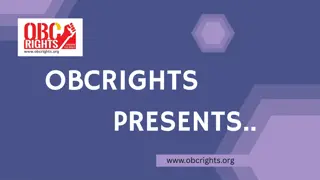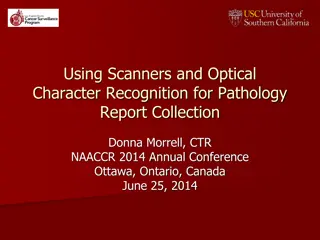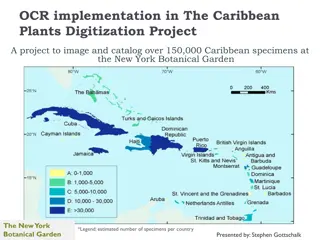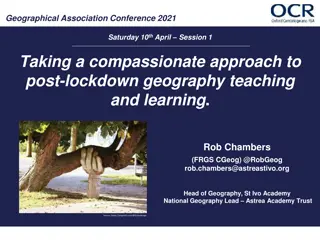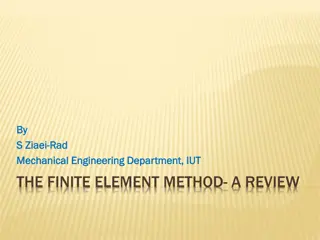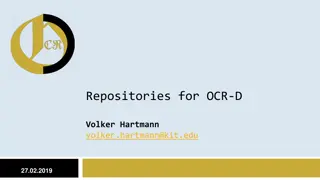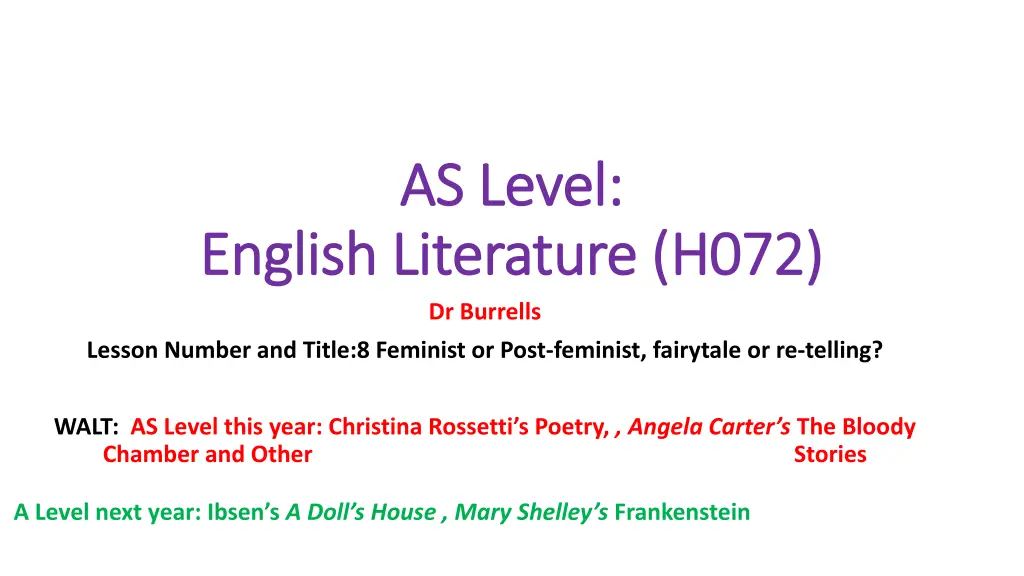
Exploring Feminist Themes in Angela Carter's Gothic Works
Delve into Angela Carter's feminist reimaginings of Gothic tales, analyzing her subversion of genre conventions and the significance of themes like taboo, darkness, and gender. Discover how Carter's unique storytelling transforms traditional narratives into powerful reflections of societal norms.
Download Presentation

Please find below an Image/Link to download the presentation.
The content on the website is provided AS IS for your information and personal use only. It may not be sold, licensed, or shared on other websites without obtaining consent from the author. If you encounter any issues during the download, it is possible that the publisher has removed the file from their server.
You are allowed to download the files provided on this website for personal or commercial use, subject to the condition that they are used lawfully. All files are the property of their respective owners.
The content on the website is provided AS IS for your information and personal use only. It may not be sold, licensed, or shared on other websites without obtaining consent from the author.
E N D
Presentation Transcript
AS Level: AS Level: English Literature (H072) English Literature (H072) Dr Burrells Lesson Number and Title:8 Feminist or Post-feminist, fairytale or re-telling? WALT: AS Level this year: Christina Rossetti s Poetry, , Angela Carter s The Bloody Chamber and Other Stories A Level next year: Ibsen s A Doll s House , Mary Shelley s Frankenstein
How does Carter create a feminist version of the Gothic? How does she subvert its normal generic conventions? Is the Gothic subversive as a genre in itself?
Looking back at your notes from Rossetti: Helene Cixous Sorties Consider the importance of the moon in the Gothic as a version of Derrida s other. Why does the Gothic exalt in the taboo and the midnight? Otherness Darkness Taboo Gender and sexuality Consider The Bloody Chamber through the perspective of Cixous Sorties analysing key passages in the light of your reading.
Helene Cixous Sorties and the laugh of the Medusa Ecriture Feminine Where is she? Activity/passivity Sun/Moon Culture/Nature Day/Night
Are these fairy tales? the tale does not log everyday experience, like the short story does it interprets everyday experience through a system of imagery derived from subterranean areas behind everyday experience Gothic tales, cruel tales, tales of wonder, tales of terror, fabulous narratives that deal directly with the imagery of the unconscious The Bloody Chamber is often- wrongly described as a group of traditional fairytales given a subversive feminist twist. In fact these are new stories, not retellings. My intention was not to do versions or, as the American edition calls them
Quote Techniques/ language/form How it relates to the Gothic
Quote Techniques/ language/form How it relates to the Gothic
Lesson 26: Orientalism and The Tigers Bride WALT: Analyse the use of orientalist tropes in the gothic genre. 1) Features of the Gothic 2) What is Orientalism? 3) Is Carter being racist? Can we critique her work by using Post- colonial theory? 4) How does this relate to examples of the gothic like Varthek?
Edward Said Said Orientalism Orientalism (1978) (1978) Orientalism was ultimately a political vision of reality whose structure promoted the difference between the familiar (Europe, West, "us") and the strange (the Orient, the East, "them"). The other / othering The Myth of the Orient the EAST The Stereotype of the Oriental Orientals are despotic and clannish. They are despotic when placed in positions of power, and sly and obsequious when in subservient positions. Orientals, so the stereotype goes, are impossible to trust. They are capable of sophisticated abstractions, but not of concrete, practical organization or rigorous, detail-oriented analysis. Their men are sexually incontinent, while their women are locked up behind bars. Orientals are, by definition, strange. The best summary of the Orientalist mindset would probably be: East is east and west is west, and never the twain shall meet (Rudyard Kipling). Myth masquerading as fact. BECOMES A DISCOURSE



